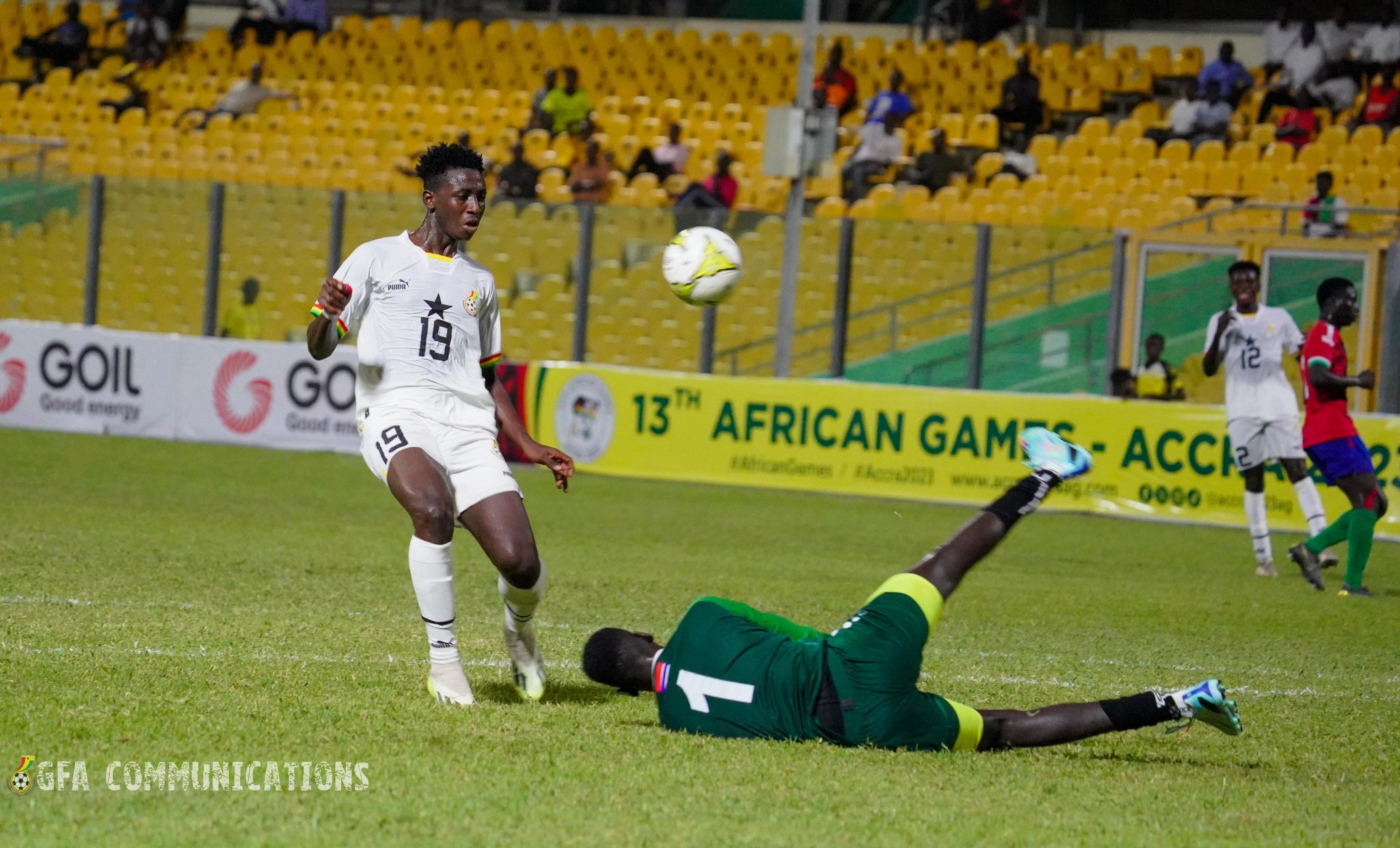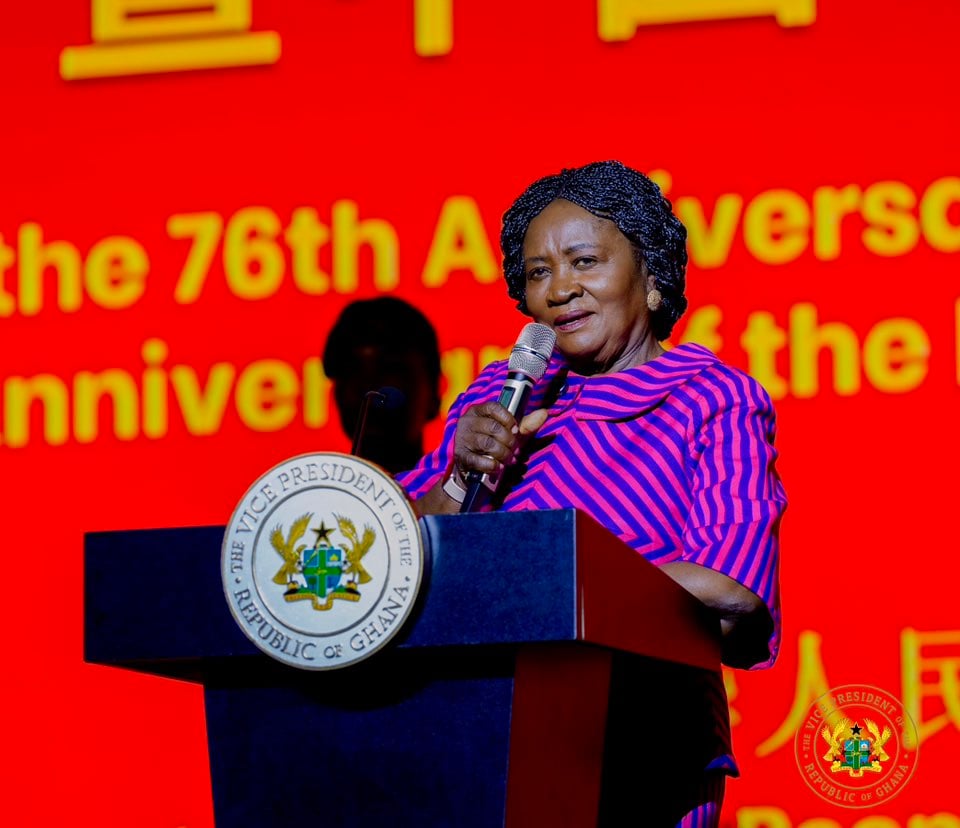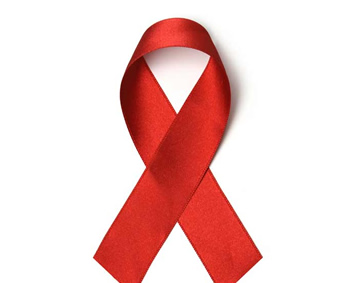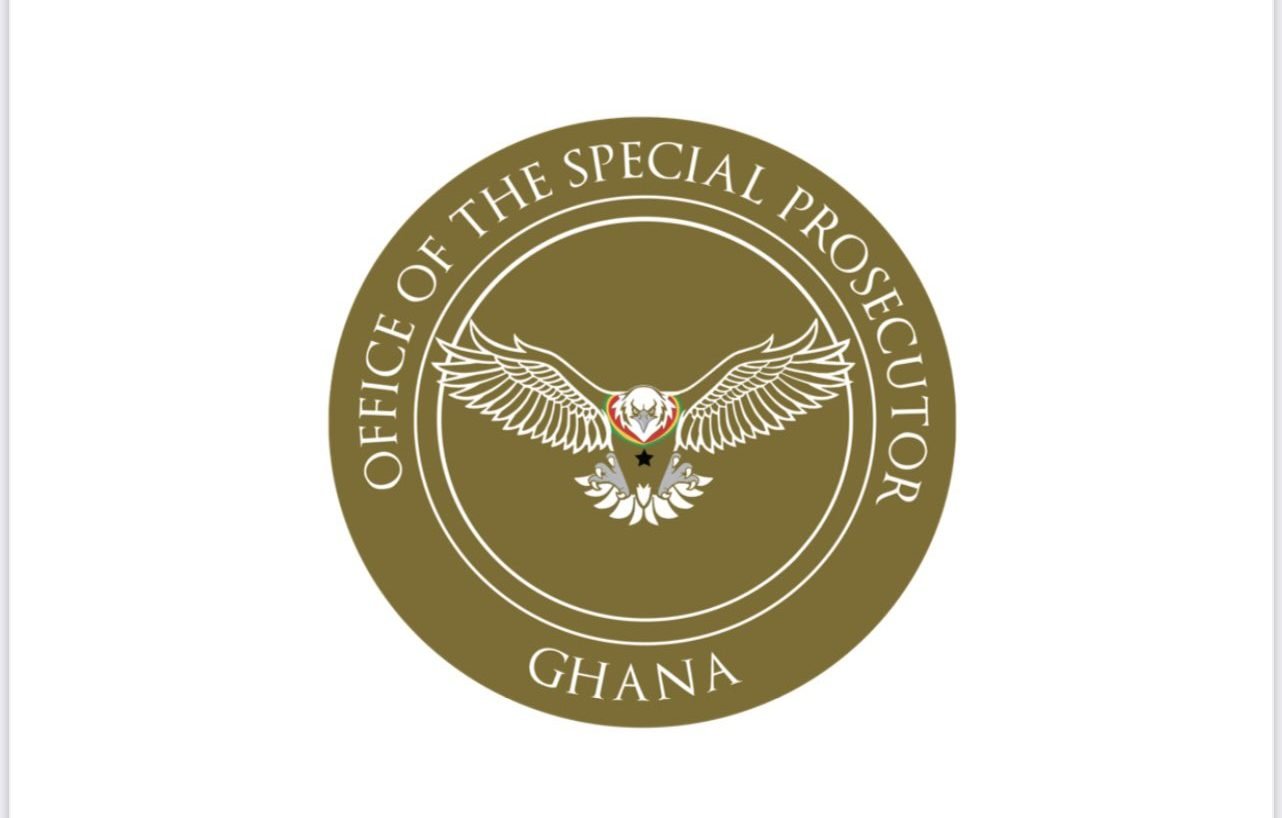
More than 400 economists, financing and policy experts from more than 40 countries of the African region and other continents are participating in the 5th biennial international conference of African Health Economics and Policy Association (AfHEA) that is being held from 11th to 14th March at Kempinski Gold Coast in Ghana in collaboration with Ministry of Health, Ghana, Ghana Health Services, University of Ghana and Centre for health policy and systems research GIMPA.
World Health Organization is also one of the partners supporting this conference. The theme for this year conference is 'Securing PHC for all: The foundation for making progress on Universal Health Coverage (UHC) in Africa'. The conference will deliberate on strategies towards attainment of UHC in the continent, and seek to suggest Primary Healthcare (PHC) as the most important first step towards reaching this goal within various African countries.
AfHEA, a bilingual (English and French) non-political and non-profit-making association, working towards the promotion and strengthening of the use of health economics and health policy analysis to achieve equitable and efficient health systems and improved health outcomes in Africa, especially for the most vulnerable populations.
Mauritius, represented by six delegates from Ministry of Health and World Health Organization led by Dr Maryam Timol, Director Health Services, Ministry of Health and Quality of Life, and Dr Laurent Musango, WHO Representative. The country presented ten abstracts during the conference on the following areas: Institutionalization of Financial Protection in Africa; Universal Health Coverage - progress and challenges; Universal Health Coverage Monitoring and Evaluation; Health Financing Assessment; User Fees - removal and exemptions; Governance and accountability; Human Resources for Health - country experience; Resource Allocation efficiency management; Private Sector, Public Private Partnership and contracting.
The fifth scientific conference provides an opportunity to facilitate sharing of best practices among health policy practitioners and researches drawing from ministries of health, academia and development partners. Building on the success of previous and current conferences the way forward is to establish a strong effective network to assist countries and the health community to collaborate in putting in place innovative mechanisms to respond to the needs for UHC and other health targets.
WHO as a member of the scientific and organiZing committee also coordinated the participation of staff from the three levels of the organization. Some WHO staff are leading the plenary and parallel sessions while others are presenting abstracts and oral presentations throughout the four days.
Read Full Story




















Facebook
Twitter
Pinterest
Instagram
Google+
YouTube
LinkedIn
RSS